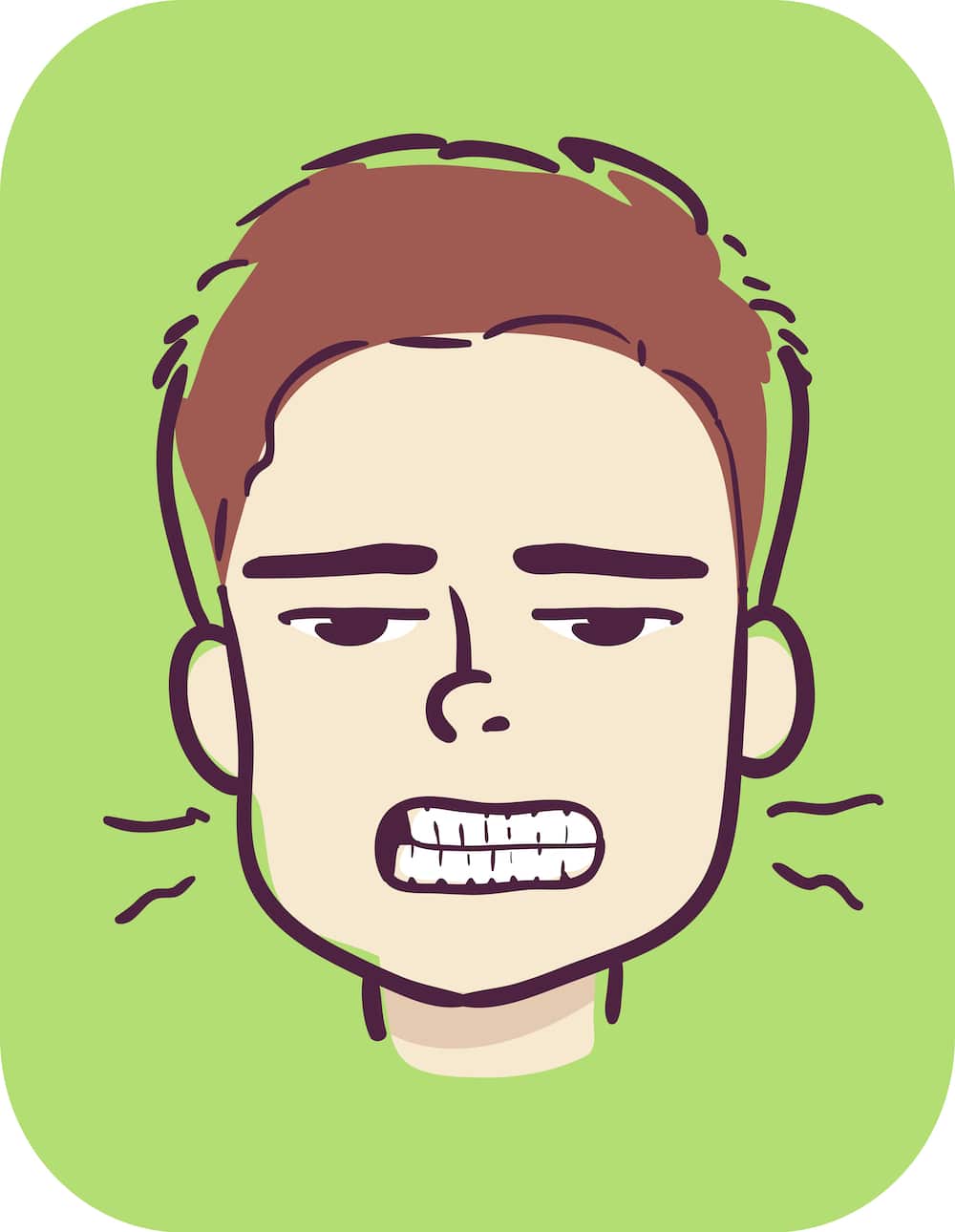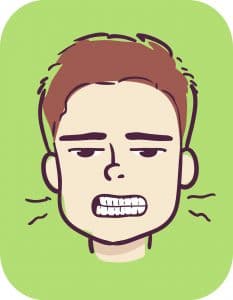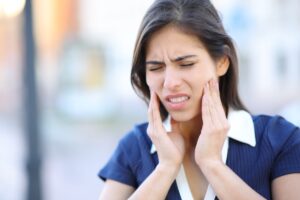When you wake up in the morning, you want to feel refreshed and alert. After all, when you shut down, your body goes into recovery mode, resting and refueling itself for the next day. But if you wake up with a dull headache and feel jaw pressure, it is likely your body has been working against itself—you may have developed a habit of teeth grinding.
The medical term for teeth grinding is bruxism. And bruxing, or teeth grinding, is not only bad for your teeth and overall refreshment, but what starts with a teeth problem can lead to a jaw problem and cause even worse health issues from there. If you suspect you’ve been teeth grinding, it’s worthwhile to get it checked out. The good news is, a solution exists that can protect your teeth and jaw and get you back to that restful sleep you dream about.
Signs of teeth grinding
• The wearing down of the front and back teeth
• Waking up with a dull headache or earache
• Jaw pain
• Tooth pain, including teeth that are increasingly sensitive from enamel wear
• Teeth that become loose, worn down or even fractured
• Sleep partners hear the teeth grinding at night
Why am I grinding my teeth at night?
Teeth grinding can be caused by stress or anxiety and can also be linked to sleep disorders such as sleep apnea and TMD (jaw joint problems). It also can be caused by a naturally bad bite, or by missing teeth. Temporary teeth grinding can be caused by colds, ear infections, or allergies. A dentist can help you determine the cause, as well as determine how harmful the habit has become to your overall health.
What is the problem with teeth grinding?
If you have a habit of teeth grinding, you may think it is just a harmless tapping of your teeth. But over time, bruxing can do serious damage. It starts by wearing down your teeth enamel at a faster rate than normal, so your teeth aren’t as protected. Teeth and fillings can crack or chip. Gums can recede, and as a result teeth can become loose. And in the worst cases, the temporomandibular joints (TMJ), which connect the lower jaw to the skull, can be damaged in a condition called temporomandibular disorder (TMD). This painful condition can lead to headaches, neck aches, ear pain, shoulder pain, dizziness and fainting, and more. Considering the solution to teeth grinding can be relatively simple, it’s very worth it to prevent these problems by stopping bruxism before it causes damage.
What can I do to stop teeth grinding?
The first step is to alert your dentist. They can look for evidence of teeth grinding, like the wearing of your front and back teeth and defects along the gum line. Often, if the problem hasn’t led to the bigger problem of TMJ, the best solution is to prevent night teeth grinding by wearing a special night appliance. This device keeps the lower jaw forward and the upper and lower teeth from touching, preventing grinding altogether.
If you grind your teeth at night, take care of the problem now to prevent those further larger problems! Protect your teeth, gums, and jaw and get back to healthy, restful sleep by visiting Dr. Rondeau at Dr. Rondeau and Associates today.
Find out more
Dr. Brock Rondeau & Associates
London, ON
(519) 455-4110







